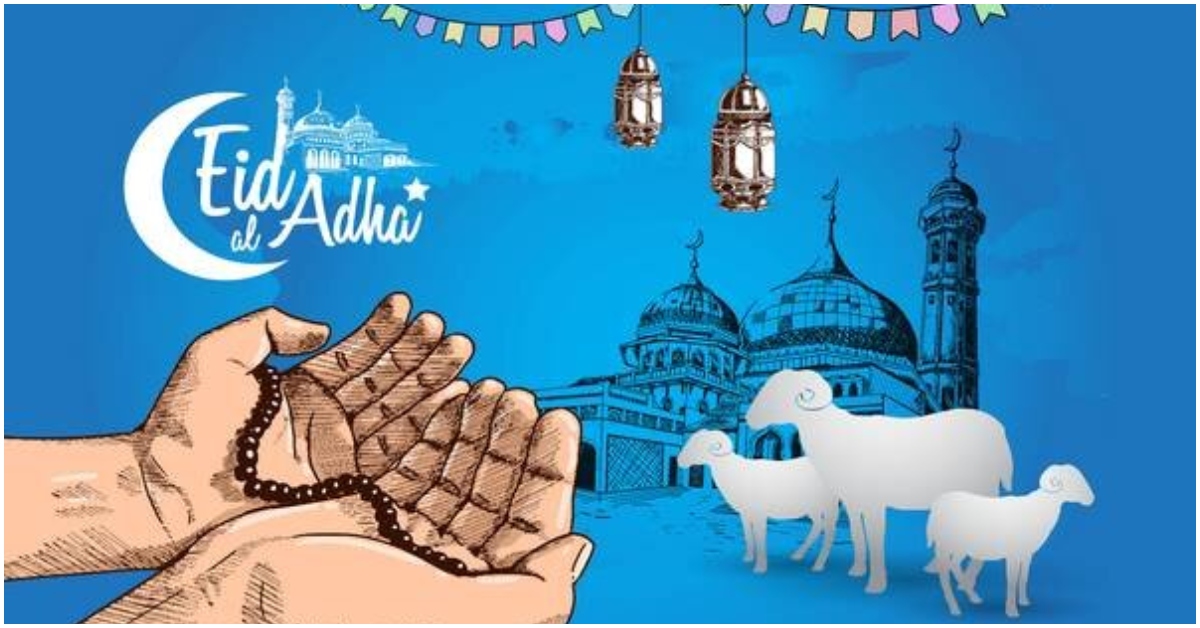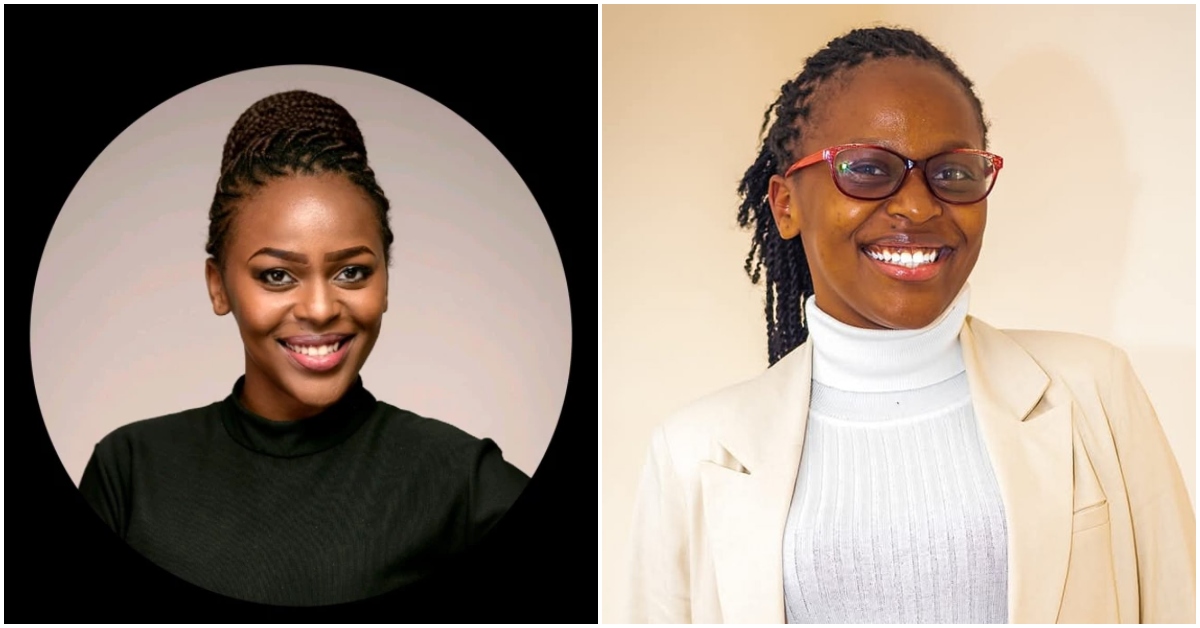What is Eid-al Adha?
Eid-al-Adha also known as the ‘Festival of Sacrifice’ is celebrated by Muslims globally to commemorate Prophet Ibrahim’s sacrifice to the will of Allah (God). It honors the willingness of Prophet Ibrahim to sacrifice his son Ismail as an act of obedience to God’s command.
However, before Prophet Ibrahim could sacrifice his son Ismail, Allah provided a lamb to sacrifice instead. It is celebrated every 10th of Dhul Hijja, the last and 12th month of the Islamic calendar.
Muslims will attend prayers in congregation called ‘Salat al Eid’, followed by a sermon called Khutbah and later sacrifice animals like goat or lamb in a time of togetherness, warmth and enjoyment.

They will share the meal with family, friends and needy as an act of love, kindness and remembrance of Allah’s blessings bestowed upon them.
This year, it is celebrated on the 6th June, 2025 and a holiday declared and gazetted in many countries.
Why Do Muslims Celebrate Eid-al-Adha?
Eid-al-Adha commemorates Prophet Ibrahim’s devotion and obedience to Allah. Prophet Ibrahim and his wife Hajar were blessed with a son called Ismail after years of trying and waiting for the child’s arrival.
Due to deep devotion and gratitude towards Allah, he didn’t hesitate to sacrifice his son Ibrahim. This act symbolizes the epitome of devotion, where personal desires are set aside in obedience to the divine will of Allah.
Impressed by his devotion and readiness to do, Allah intervened and replaced his son Ismail with a ram in the last minute, symbolizing divine love and mercy.
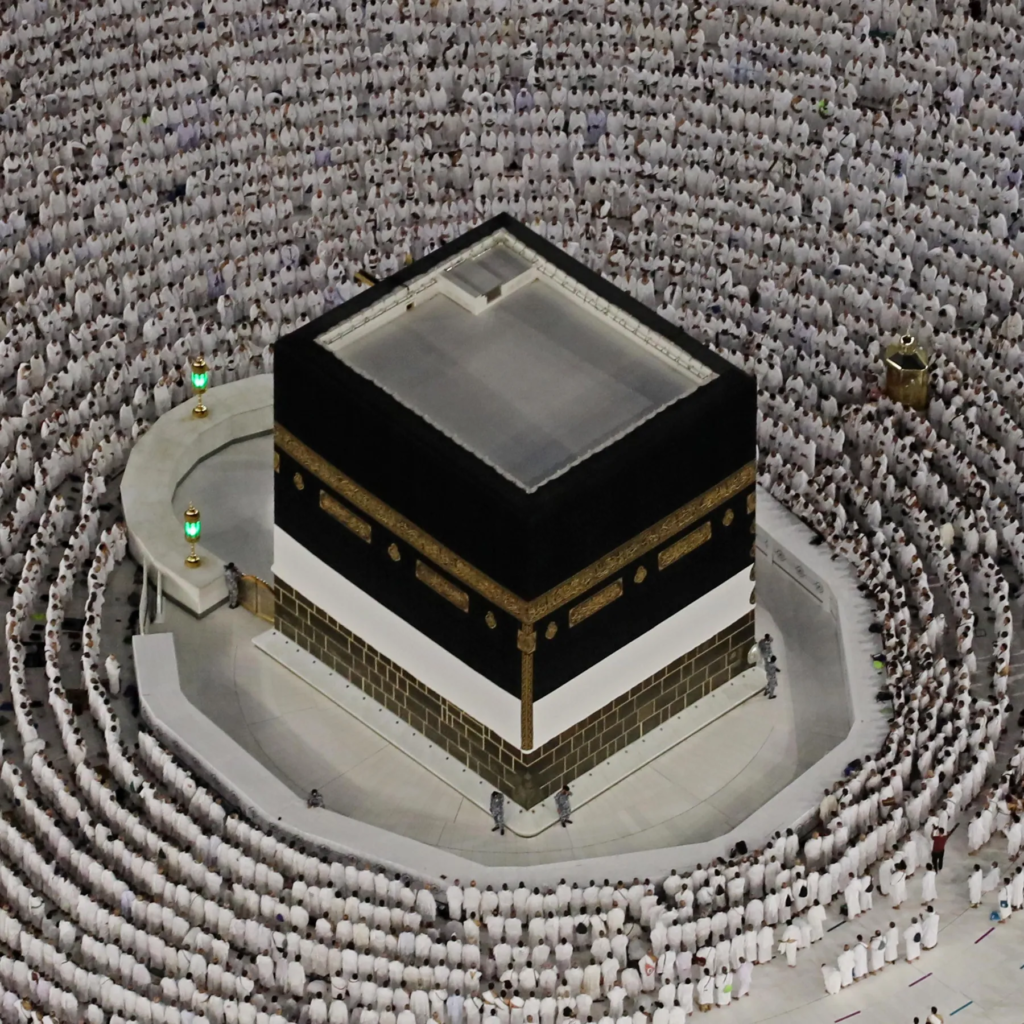
Thus, to honour Ibrahim devotion towards Allah, Muslims around the World sacrifice goat, lamb and share and distribute to family, friends and less fortunate in the society as an exchange of love, reflecting the religious values of charity, compassion and community.
Eid-al-Adha teaches Muslims to have complete trust in Allah, remain resilient and devoted to Him no matter what He tests them with.
The celebration also marks the end of Hajj (Pilgrimage) in Mecca, which is one of the pillars of Islam. The pillars of Islam are Shahada (Declaration of the oneness of Allah), Salat (5 Daily Prayers), Zakat (Giving to Charity), Saum (Fasting in Ramadan) and Hajj (Pilgrimage).
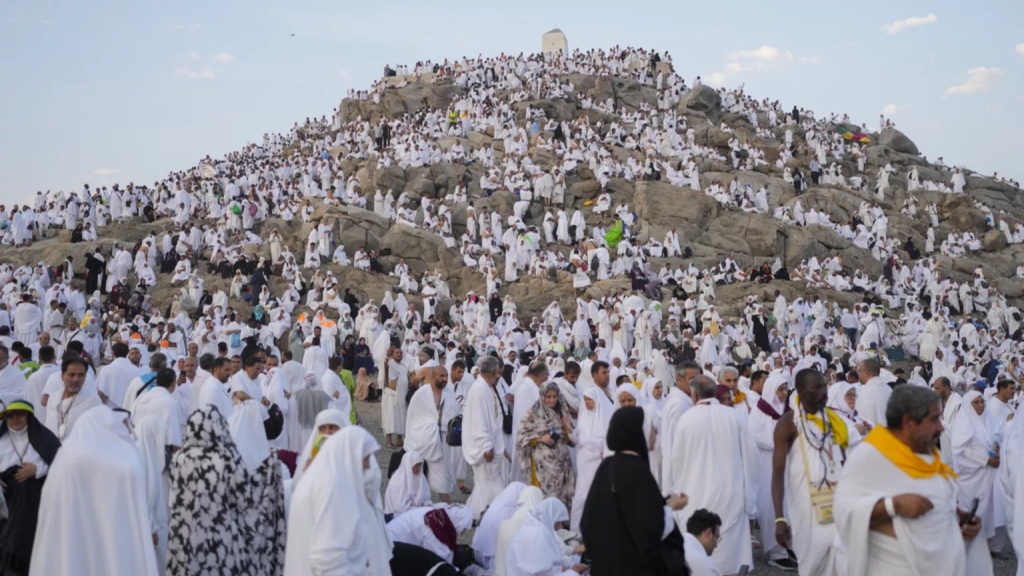
Attending prayers in Mecca is an act of worship and fulfilment of the one of the pillars of Islam and is a duty to all financially-abled Muslims to attend at least once in their lifetime.
Sunnah (Recommended) Acts on Eid Day
1. Take a full bath
This is also known as Ghusl is sunnah. This means taking a bath from head to toe
2. Wear best clothes
Muslims are encouraged to wear their finest clothes on this day
3. Wear perfume
This means applying your best fragrance to smell fresh and create a pleasant aura in the Mosque
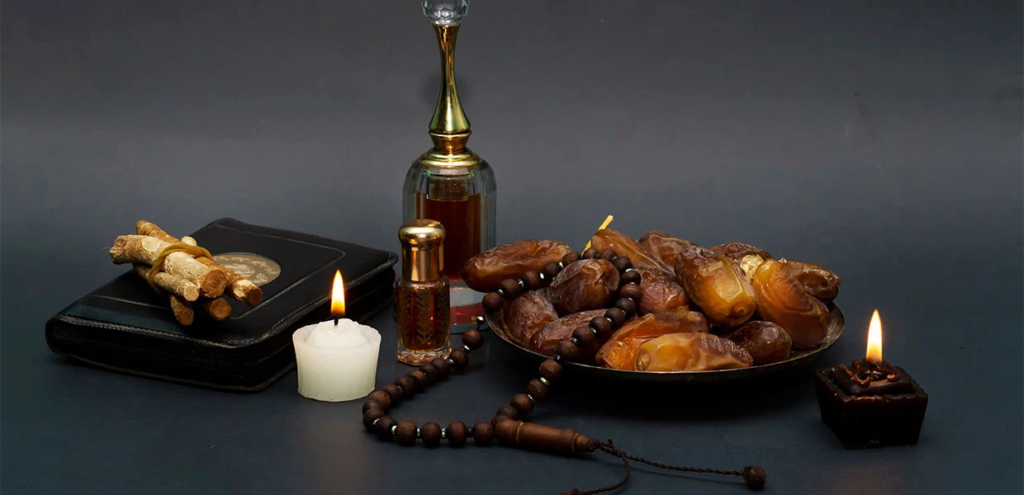
4. Reciting Takbeer
This means saying “Allahu Akbar, Allahu Akbar, wa Lillahi Hamd” until Eid prayers begin
5. Attending Eid prayers
This is sunnah because the prayers are performed in congregation
6. Greeting and Embracing
Greeting one another “Taqaballah Minna Wa Minkum (May Allah accept it from us and you)
7. Going to prayer by one route and returning by another
It is sunnah to walk to the prayer ground by one route and return by another
8. Visiting and Gifting
Visiting family, friends, the sick and gravesite and exchanging gifts is considered good Islamic practice on Eid day
Differences between Eid-al-Adha and Eid-al-Fitr
- On Eid-al-Adha, Muslims wait for the day of Arafat, 9th day of Dhul-Hijjah then pray on 10th day which is Eid, but on Eid-al-Fitr, it is a must to sight the moon first so as to break the fast and perform Eid prayers
- Muslims fast on the day of Eid-al-Adha while break the fast with an odd number of dates on Eid-al-Fitr before going to the Mosque to perform Eid prayers
- Muslims give sadaqah on Eid-al-Adha while give Zakal-al-Fitr on Eid-al-Fitr a type of charity given to the needy and less fortunate before Eid prayers
- Eid-al-Adha commemorates Ibrahim’s sacrifice while Eid-al-Fitr marks the end of Ramadan and a month of fasting and reflection
NB: Muslims fast on the last 10 days of Dhul Hijjah before Eid and if you haven’t managed to fast those 10 days, make sure you fast on the 9th day of Dhul Hijjah. This act symbolizes that Allah will forgive all your sins for last year and next year.
For those who complete the journey of Hajj, Eid-al-Adha is both a spiritual climax and a new beginning. One comes back free from any sins and like a new born baby.
